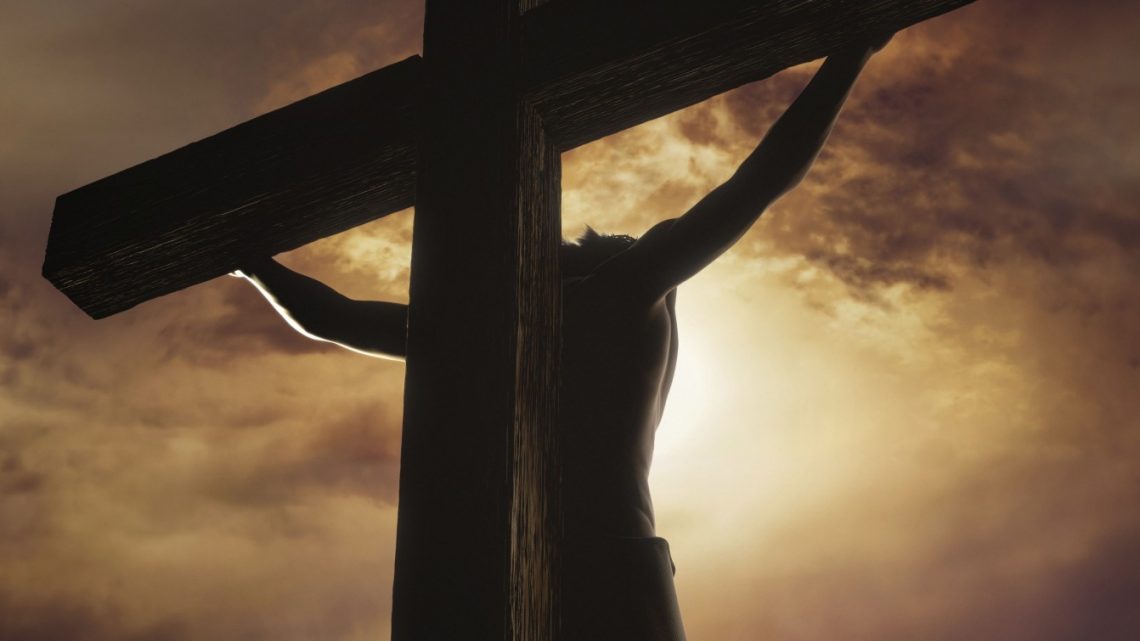When Jesus died on the cross, He was more than a very good man having a very bad day. He was not just a noble example of suffering or a rejected reformer paying the ultimate price of confronting a corrupt religious system. Our dying Lord was even more than the Lamb of God making atonement for sin so that your sorry soul and mine could be individually saved. Christ on the cross was creating a new humanity out of old Adam’s fallen flesh—He was the new Adam of a new human race called the church.
How can we prove all that? Consider one of the least noted yet highly significant statements of Christ on the cross: “When Jesus saw his mother there, and the disciple whom he loved standing nearby, he said to his mother, ‘Dear woman, here is your son,’ and to the disciple, ‘Here is your mother’” (John 19:26-27a).
Christ’s pronouncement is astounding in its implications. He wasn’t just assuring that His aging mother wouldn’t be left alone in the world, wanting John to check up on the grieving widow and maybe run some errands for her. Christ had other siblings who could do that for Mary.
So what did Jesus have in mind in His dying statement to John and Mary? He was creating a new family by declaring that His own mother was now John’s mother too and therefore His disciple was now also the son of His mother. Christ was joining people into relationship who otherwise would have no business with each other. Through their mutual faith and commitment to Christ, John and Mary shared more than a common cause. They now belonged to a new creation: the family of God; a new human race created by the second Adam to replace the fallen humanity of the old Adam, which was alienated both from God and from one another.
John and Mary had previously been acquaintances and no doubt friends, but Christ’s new humanity unites even enemies into God’s family as fellow members of His spiritual body, the church. Paul described this unity of Jews and Gentiles, who had been feuding for centuries: “Now in Christ Jesus you who were far away have been brought near through the blood of Christ. For he himself is our peace, who has made the two one and has destroyed the barrier, the dividing wall of hostility” (Ephesians 2:13-14).
That’s what God does with us when we repent of our selfish isolation and surrender our lives to Him. As believers in Jesus we automatically become “belongers” of one another—with all the associated family privileges and responsibilities. We care for each other, encourage each other, forgive each other, worship together, interact wholeheartedly with each other, “weeping with those who weep and rejoicing with those who rejoice” in God’s family—this new human race called the church.
Because of our new humanity in Jesus Christ, we together are daughters and sons of the most high God. Jesus triumphantly proclaimed this after rising from the dead: “I am ascending to My Father and to your Father; to my God and your God” (John 20:17).
How do we receive for ourselves this new relationship with the Father through His Son? We simply forsake the fallen humanity of old Adam and embrace God’s gift of Jesus—head of a new faith community saved by grace. This is salvation, pure and simple.
How exciting! And how transformative.
John and Mary accepted their dying Lord’s challenging invitation: “From that time on, this disciple took her into his home” (John 19:27b). Will we likewise enjoy the privileges and own up to the responsibilities of belonging to that same family?








